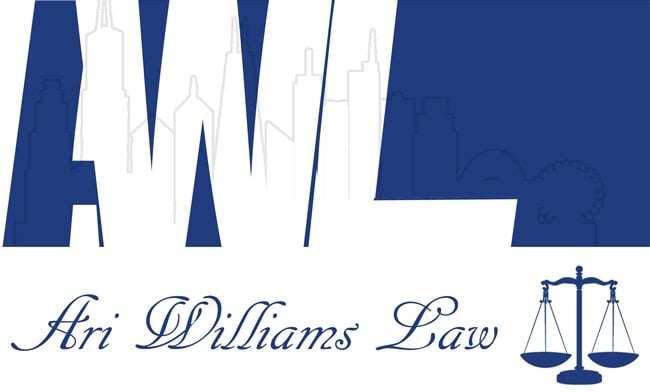Any police search is an invasion of someone’s privacy, particularly if the officer makes physical contact with the individual in question. A frisk or pat-down search is arguably among the most invasive experiences someone might have when interacting with a police officer.
In a so-called Terry stop, officers may engage with members of the public and physically search their person while in a public location without yet having any reason to arrest them. What an officer finds during the search of a person’s body and clothing could very well provide the grounds for criminal prosecution when there previously were none.
When is it lawful for an officer to frisk or pat down someone who is not under arrest in Illinois?
When they have permission
Perhaps the most common reason that police officers can quickly pat someone down is because they ask for permission and the individual grants it. Many people are eager to comply with police officers and believe that permitting a search might be the fastest way to get on with their day when an officer stops them on the sidewalk somewhere. What they fail to realize is that anything the officer finds that implies a legal violation might result in their arrest and prosecution. Most people have the right to deny physical searches well not under arrest.
When they believe there could be a weapon
Without permission, officers can only physically search an individual in a very specific scenario. They will need to have a reasonable suspicion that the person they stopped has a weapon on their person. Merely believing that someone looks nervous or could have contraband on them is not a justification to physically search their person. If an officer cannot articulate why they suspected the likely presence of a weapon, their decision to pat someone down without their consent could be a violation of that individual’s rights.
Once an officer arrests someone, a physical search then becomes necessary to prevent drugs, weapons and other dangerous items from entering state-run facilities. However, searches in public are rarely mandatory. Knowing what rules apply to officer conduct can help people handle police encounters in public and better respond to recent criminal charges if any are levied as a result of a frisking situation.


